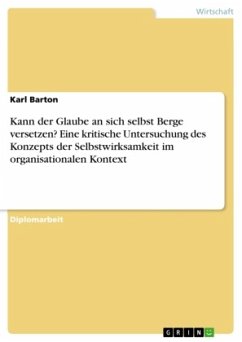This dissertation consists of four studies that address the impact of two human resource management practices - remote work and transparency in performance management - on outcomes that are vital to organizations and society at large. The first study, using a sample of 545 employees, examines the conditions under which remote work influences employees' work-home interface and satisfaction outcomes. The second study, using data from dual-earner couples in Germany, adopts a systems perspective, understanding employees and their romantic partners as an entangled unit that responds to increased remote work. Taken together, these studies contribute to a deeper understanding of why employees' experiences of remote work are heterogeneous. Employees may thrive in remote work arrangements; however, work coming into the wrong home can increase work-home conflict, decrease satisfaction, and increase loneliness. The last two studies contribute to a controversial debate in academia and practice about the extent to which performance management should be transparent. Study three presents a theoretical model of performance feedback transparency and tests the predictions in a laboratory experiment. Results show that increased transparency of performance feedback induces both status concerns and a learning focus, which predict employee task performance. Study four examines the emotion-driven performance consequences of miscalibrated pay expectations, a potential outcome of insufficient transparency in performance management. Three experimental studies caution against miscalibrated bonus payments. Taken together, the studies provide evidence that performance management can benefit from a more transparent approach, but that effective pay and performance communication is a delicate act.
Hinweis: Dieser Artikel kann nur an eine deutsche Lieferadresse ausgeliefert werden.
Hinweis: Dieser Artikel kann nur an eine deutsche Lieferadresse ausgeliefert werden.








